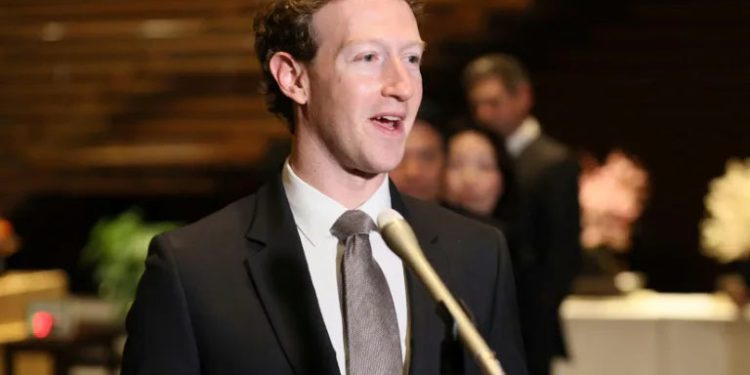In the letter, addressed to House Judiciary Committee Chairman Jim Jordan and released by Republicans on the committee, Zuckerberg addressed a number of controversies centered on content moderation on his platforms.
He also asserted that he did not plan on repeating funding efforts for US election infrastructure ahead of the country’s presidential poll this year, donations that had drawn sharp criticism from Republicans.
Zuckerberg’s submission to the committee comes just over two months out from a tightly contested US presidential election race, with the spotlight on widespread online misinformation about the candidates.
Regarding the pandemic, the Facebook founder said the Biden administration had in 2021 “repeatedly pressured our teams for months to censor certain COVID-19 content, including humor and satire.”
“I believe the government pressure was wrong, and I regret that we were not more outspoken about it,” Zuckerberg wrote.
“I feel strongly that we should not compromise our content standards due to pressure from any Administration in either direction — and we’re ready to push back if something like this happens again.”
Republicans took the letter as a victory, with the Republicans’ House Judiciary Committee account on social media platform X, formerly Twitter, labeling it a “big win for free speech.”
Republicans in Congress have been targeting social media and tech companies in recent months, alleging that they are suppressing or censoring conservative views.
Zuckerberg also said he would not be repeating his Covid-era push to fund non-profits working to support US electoral infrastructure due to such donations being seen by Republicans as being partisan.
“My goal is to be neutral and not play a role one way or another — or to even appear to be playing a role,” he wrote.
The letter also touched on controversy regarding Facebook’s handling of a story regarding US President Joe Biden’s son Hunter that was published by the New York Post.
Zuckerberg said the story was “temporarily demoted” while Facebook fact checkers probed the possibility of it being “a potential Russian disinformation operation.”
The Meta CEO said the story was ultimately found not to be part of such an operation and that the platform has changed its policy such that posts in the United States are no longer demoted while fact checkers investigate them.
AFP




















